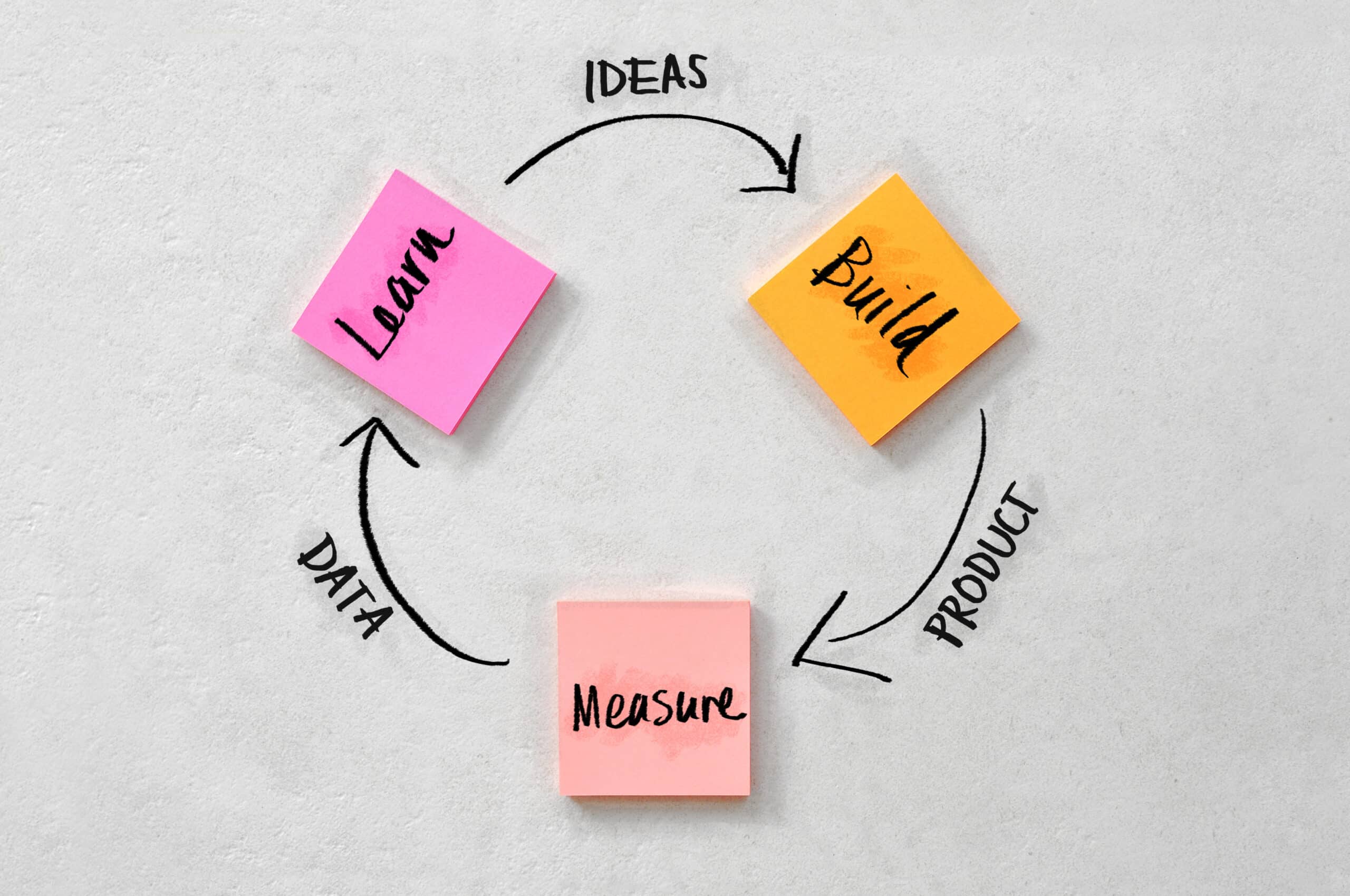Communicating about mental health can be difficult for some in the workforce. Fears of being seen as needy, overdramatic or incapable may impact why an employee may not feel comfortable expressing their mental health needs.
Employers need to be prepared to speak with their employees about how they can best assist them and provide them with the support they may require. In some cases, it can be worthwhile investing in creating a general plan to help employees deal with mental health concerns. An Employee Assistance Program may assist with this process.
Here are a few essential guidelines to consider when navigating through conversations about mental health:
- Talk to employees about how you may be able to support them.
- Make yourself available for them to seek out as needed.
- Check-in with employees about workloads and their support needs, and how they may be coping.
- Don’t try to diagnose your employees – give them resources and time to seek professional help.
- Don’t preach to them how to handle their mental health
- Don’t assume that people want more or less work as a result of their mental health.
If you or someone you know requires additional assistance with handling the challenges of their mental health, support programs such as BeyondBlue, Lifeline and more are available to reach out to. Alternatively, seeking professional assistance may be the best course of action depending on the impact.













